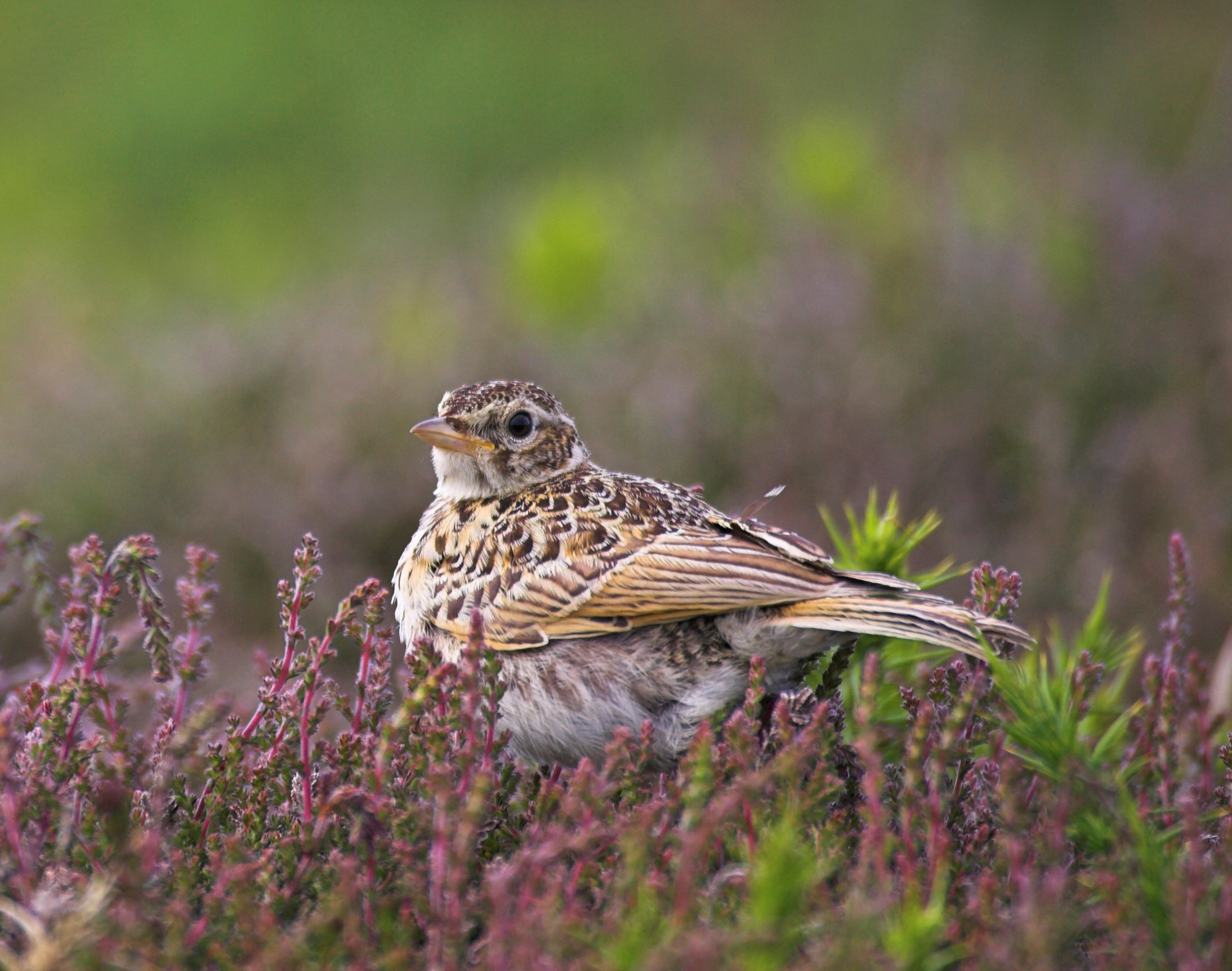How to Avoid Disturbance to Wildlife

Keep your distance
Often the best relationship you can have with wildlife is a long-distance relationship!
Unfortunately not every interaction with wildlife is like it happens in a Disney movie– there won’t be animals delighted to see you and ready to join in with a music and dance number or armed with cleaning equipment. (Probably – if there is, by all means let us know!)
No, wildlife is typically much more timid (afraid, even) when it comes to having humans in their habitat, particularly during nesting seasons. Keep your distance and give them some space; you can look from a distance but the best way to support wildlife is not to disturb them. If you’re interested in finding out more about your local wildlife, check out RSPB NI or Ulster Wildlife.
Keep dogs on a lead
Dogs are curious creatures and just want to sniff all of those new smells in the outdoors, but being too enthusiastic can disturb wildlife or upset livestock. Not all birds nest in the safety of tall trees, and badger setts may look like a fun place to dig for your pup, but this could really risk the badger and dog’s health. We know dogs should be able to walk in the outdoors with their owners so keep them on a lead and under control!
Stick to existing paths and routes
The road less travelled is often another critters home. Trails, although not always official and intentionally placed, work their way from A to B with as little interference to the natural world whilst still connecting you to it. If you think you can go “off-piste”, think twice before heading off the track and trails that already exist as you could be walking across nests, warrens or other creatures that wish not to be disturbed. Stick to the trails and know that the wildlife can watch you go past knowing that they’re safe off the track.
Be aware of nesting seasons and ground nesting birds
It’s easy to forget but many birds in Northern Ireland nest in the ground rather than high up in the trees. This can be dangerous but they’re mostly safe as long as humans don’t interfere. Skylarks and Curlew are just two examples of birds who nest on the ground so please be mindful when setting out on your adventure. If you’d like to find out more, head to RSPB. Disturbing nests is a wildlife crime.

Be mindful of other habitats – badgers/bats/seals
We’ve focused a lot on the birds so far but it is important to think about what animals you might encounter and where their homes are. We’ve all been there, you’re out at the beach and Sammy the seal pops onto shore for a bit of respite and with the enthusiasm that can only be matched by a dog in the school playground, everyone wants to go up and say hello. It might seem like a friendly neighbourhood seal is just what’s needed, but animals becoming too tame can be dangerous for them and their survival. It’s best to watch from a distance and let them do their thing without bothering them.

Leave all natural places as you find them
This one is simple but shouldn’t be dismissed. Keep the natural places natural and leave no trace. You’ll be amazed at the habitats that might be disturbed if you throw that rock or dig up a certain piece of ground.
Take all litter and dog waste home
We’ve preached plenty on this subject but unfortunately it’s an ongoing issue. If you can pack it in, you can pack it out again, take all your litter and dog waste home and guarantee it goes in the bin as not all outdoor sites have bins.
Check, Clean and Dry equipment to avoid the spread of invasive species
Check, clean, dry might seem like it’s adding lots of additional steps to your day exploring the outdoors when you just want to get home but it’s an essential part of protecting the land around us from invasive species.
The ‘Check, Clean, Dry’ Campaign’ aims to raise awareness about biosecurity and the impacts of litter and is calling on the public to play their part in protecting Ireland’s waterways. Find out more here: Check Clean Dry Watersports Advice Ireland (getwetni.com)

Report any bad behaviour to wildlife by phoning 101
If you do see anyone treating wildlife poorly, please call 101 and report the incident. For more information on what wildlife crime consists of, check out How to report a wildlife crime, Northern Ireland, PAW NI (wildlifecrimeni.org)


